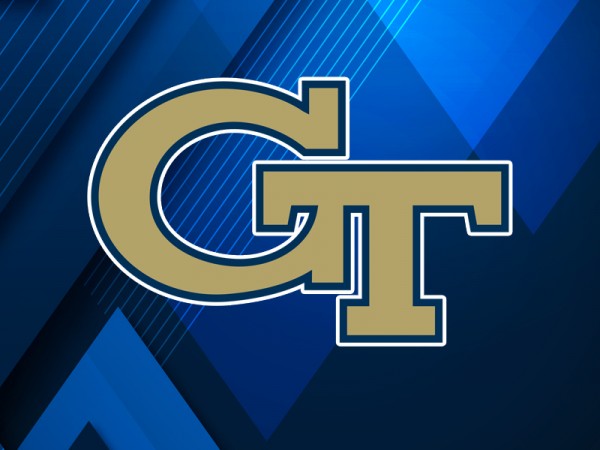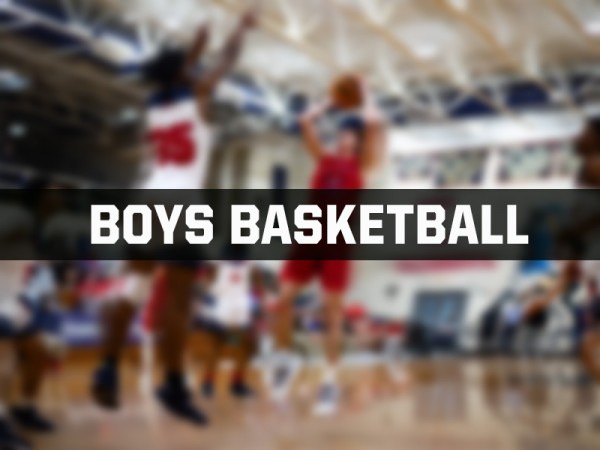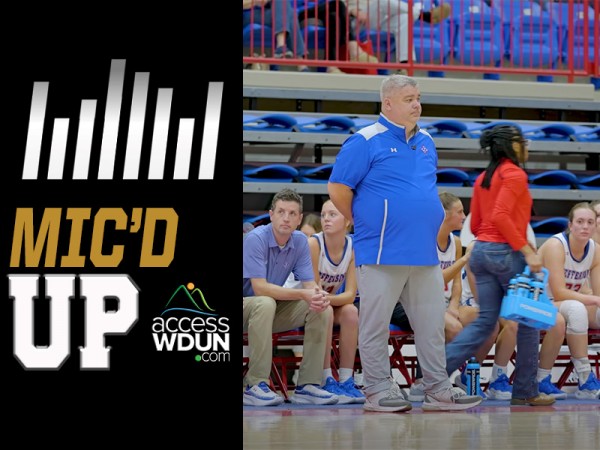AVONDALE, Ariz. (AP) — A federal judge on Friday denied a motion by two NASCAR teams — one owned by NBA Hall of Famer Michael Jordan — to be recognized as chartered teams as they proceed in an antitrust lawsuit against the stock car series and chairman Jim France.
The motion was signed by federal judge Frank Whitney of the United States District Court of Western North Carolina in Charlotte at the exact same time NASCAR executives were giving their annual “State of the Sport” address at Phoenix Raceway.
NASCAR President Steve Phelps opened the address by noting that series officials have not discussed negotiations over charters in the more than two-year process and would not start now.
“I know people are frustrated about that,” Phelps said. "We are not going to negotiate in the media about charters, ever. And we are very happy that 32 of the 36 charters were extended because those were race teams that where the deal that was put on the table for them, the primary big win for the race teams was money.
“I won't go into what the money split looks like, but what I will say is that the amount of money, it now puts the race teams, starting in '25, as the single largest beneficiary of our media deal. And we did that because the race teams were upside down financially.”
The court decision came down just hours before Cup cars hit the track for the first practice session of championship weekend. Tyler Reddick, who drives for the Jordan-owned 23XI Racing, is one of four drivers who is in Sunday's winner-take-all finale at Phoenix.
When the ruling came out and NASCAR was informed as executives sat on the stage at Phoenix Raceway, NASCAR chief operating officer Steve O’Donnell quipped: “You can't make it up, for the timing” as he and Phelps declined comment on the injunction.
Jeffrey Kessler, the top antitrust lawyer in the country, indicated after Monday’s hearing in Charlotte that the plaintiffs can immediately appeal the ruling.
“We are pleased with the court's decision to expedite discovery and fast track the schedule in our case against NASCAR,” Kessler said in a statement. "Although we are disappointed that the preliminary injunction was denied without prejudice and as premature, which we intend to appeal, this denial has no bearing on the merits of our case.
“My clients will move forward to race in 2025 and fight for a more fair and equitable system in NASCAR that complies with antitrust laws.”
At issue is that both 23XI and Front Row Motorsports refused to sign a take-it-or-leave-it charter agreement presented to teams by NASCAR in September, just 48 hours before the playoffs began. The offers came after more than two years of negotiations between NASCAR and its teams, and 13 of 15 organizations signed the deal.
23XI Racing and Front Row Motorsports declined to sign and have accused NASCAR of being “monopolistic bullies” in what is essentially a revenue-sharing agreement between the sanctioning body and its teams.
NASCAR has since rescinded the offers on charter extensions to 23XI and Front Row. Their current charters expire at the end of the calendar year. The teams are free to operate as “open” teams but the lack of chartered protection denies them an equal share of revenue, a guaranteed spot in the field of 38 races and other provisions under the charter agreements.
23XI and Front Row have asked for things to remain status quo as their antitrust case proceeds because the new charters that begin in 2025 prevent teams from suing NASCAR. Kessler asked that the teams be released from that clause for the duration of the lawsuit.
In his ruling, the judge found that Kessler failed to demonstrate that 23XI and Front Row “will face irreparable harm through several avenues.”
Kessler had argued the plaintiffs asserted they will “risk” losing sponsors while competing as open teams because the sponsors “could abandon (them) if they ... do not qualify for all of their races.”
For instance, Kessler said 23XI’s sponsorship agreements require that each sponsored car runs in every Cup Series race, so failure to qualify for a race could reduce the amount of sponsorship money it receives.
The plaintiffs also alleged they will “risk” the loss of their drivers if their cars are not chartered. Kessler said 23XI driver Reddick is permitted to terminate his contract with the team if there is no charter for his car — and he could leave as the reigning Cup champion should he win the title Sunday.
Kessler also argued racing as open teams “could threaten (their) continued existence" as both teams alleged they will lose substantial amounts of revenue without charters. And the plaintiffs alleged they may lose goodwill with fans and sponsors if they fail to qualify for a race.
But Whitney wrote that a plaintiff seeking a preliminary injunction must “demonstrate that irreparable injury is likely in the absence of an injunction" and a showing of the “possibility of irreparable harm” is not sufficient.
Furthermore, Whitney wrote “the required irreparable harm must be neither remote nor speculative, but actual and imminent.” He said “although Plaintiffs have alleged that they will face a risk of irreparable harm, they have not sufficiently alleged present, immediate, urgent irreparable harm, but rather only speculative, possible harm. That is, although Plaintiffs allege they are on the brink of irreparable harm, the 2025 racing season is months away — the stock cars remain in the garage.”
Whitney said “Plaintiffs have not alleged that their business cannot survive without a preliminary injunction. Instead, they allege that their businesses may not survive without a preliminary injunction.”
Whitney found that Kessler did not meet the burden as required for a preliminary injunction, but if circumstances change, plaintiffs may file a renewed motion for a preliminary injunction. The teams were given a deadline of Dec. 2 to respond.
___
AP auto racing: https://apnews.com/hub/auto-racing




















